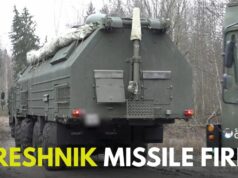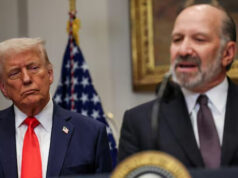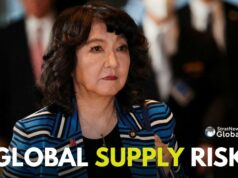Dr Zhaksylyk Sabitov, the Director of the Scientific Institute for Study of Ulus (loosely translated as Clan) of Jochi (the eldest son of Genghis Khan), Kazaksthan, is one of the world’s foremost experts on the history of Eurasia.
In a freewheeling conversation with Ramananda Sengupta in his office in Astana on the day the 24th Shanghai Cooperation Organisation Summit began in the Kazakh capital July 3-4, he spoke about how the country, a former Soviet Republic once ruled by the descendants of Genghis Khan, became the largest Central Asian nation and the 9th largest country in the world, and is now an ‘island of peace’ in a troubled neighbourhood.
“We were originally a land of nomads, who made a lot of impact on world history,” including in the Roman empire and in South Asia, explained Dr Sabitov, who also lectures on political science and regional and international relations at various institutions in the country and abroad.
“We (the Kazakhs) were nomads a century ago, but now we are a modern country, which has some impact on regional policies. After the collapse of the Soviet Union (in 1991) we tried to build a new state, and recover all our oil traditions.” Many Kazakhs (more than a million) who lived in Russia and China and Uzbekistan returned to their motherland to help rebuild it, he said.
The new President, (Kassym-Jomart Kemeluly Tokayev) wants to shed the legacy of the Soviet era and restore and revive the original Kazakh identity, he added. Asked about the country’s welcoming attitude towards foreigners and diversity, he joked that Kazakhstan’s population, estimated at 20 million, was like the margin of error in the census of China. “We are big by area, but small by population.”
Returning to the present, he said that China and Russia were the biggest neighbours of Kazakhstan, and the SCO was originally conceived to resolve border issues between these two large nations and the Central Asian states. And although most Kazakhs felt in their hearts that Ukraine was “on the right side of history” in the current conflict, in their minds they practiced “political realism” and stayed neutral. Also, over the past five years or so, “our leaders made strong relations with China.”
“Our president speaks a lot of languages, including Chinese, and can hence communicate easily with Chinese leaders,” he said. He has also made it clear that this country is an area of peace, and nobody wants war here.
He recalled that when he was young during the Soviet era, he used to watch a lot of Indian movies… “Sita and Gita, about legends, and other movies which I don’t remember the names…”
But that has changed. The younger Kazakhs don’t know much about India. “Our society and culture is not close to India, in that sense anymore.” However, a lot Indian students study here, he added. Asked whether he was happy with the way the youngsters of India and Kazakhstan were keen to emulate the west, he said “a Kazakh should have his own brains.”
This was mainly because many countries wanted to “use Kazakhstan against another country. We shouldn’t play games of different countries, we should have our own game,” he felt.
A decade ago, nobody would have believed that Kazakhstan would be an “island of freedom” in the region, he said. Most of Kazakhstan’s neighbours have a “lot of problems with democracy, with human rights….we too have some problems in these directions, but not so much as our neighbours,” he added.
Asked how Kazakhstan avoided falling prey to Islamic fundamentalism unlike most of the other stans in the neighbourhood, he said “If you have no state ideology, your ideology will be governed by religion.”
This was because “religion has a very simple ideology, they can tell you how to behave, how to do ideal state, ideal ruler etc…”
So what does Kazakhstan think about Chinese President Xi Jinping’s belt and Road Initiative? How has it managed to remain an ‘island of peace’ in a truly troubled neighbourhood? How has it checked the exploitation of its massive resources of oil, gas and minerals by other nations? And are there any lessons that India can learn from this?
To know the answers to those questions and more, watch the full interview.
In a career spanning three decades and counting, Ramananda (Ram to his friends) has been the foreign editor of The Telegraph, Outlook Magazine and the New Indian Express. He helped set up rediff.com’s editorial operations in San Jose and New York, helmed sify.com, and was the founder editor of India.com.
His work has featured in national and international publications like the Al Jazeera Centre for Studies, Global Times and Ashahi Shimbun. But his one constant over all these years, he says, has been the attempt to understand rising India’s place in the world.
He can rustle up a mean salad, his oil-less pepper chicken is to die for, and all it takes is some beer and rhythm and blues to rock his soul.
Talk to him about foreign and strategic affairs, media, South Asia, China, and of course India.




